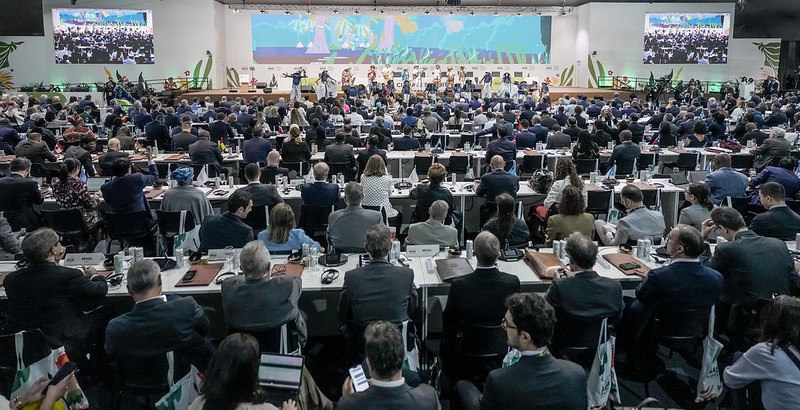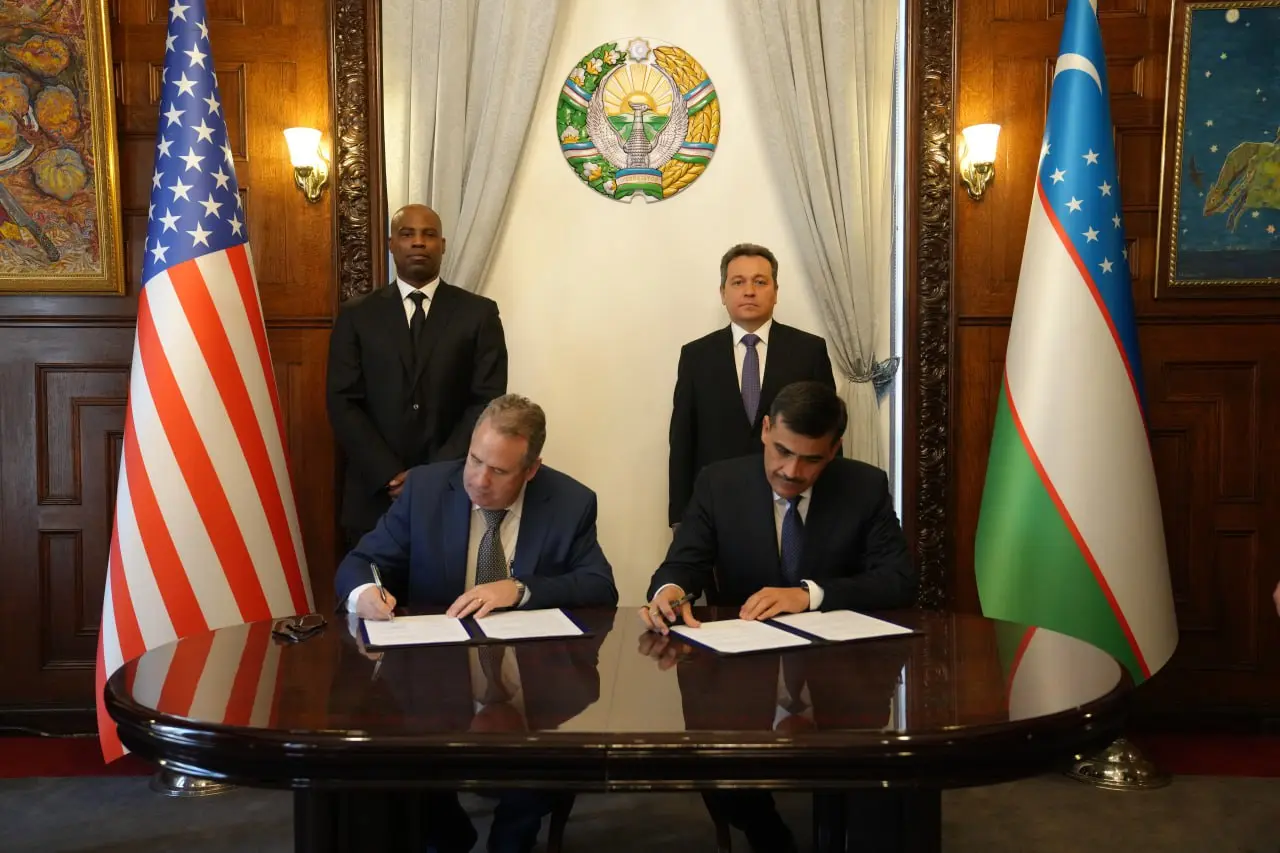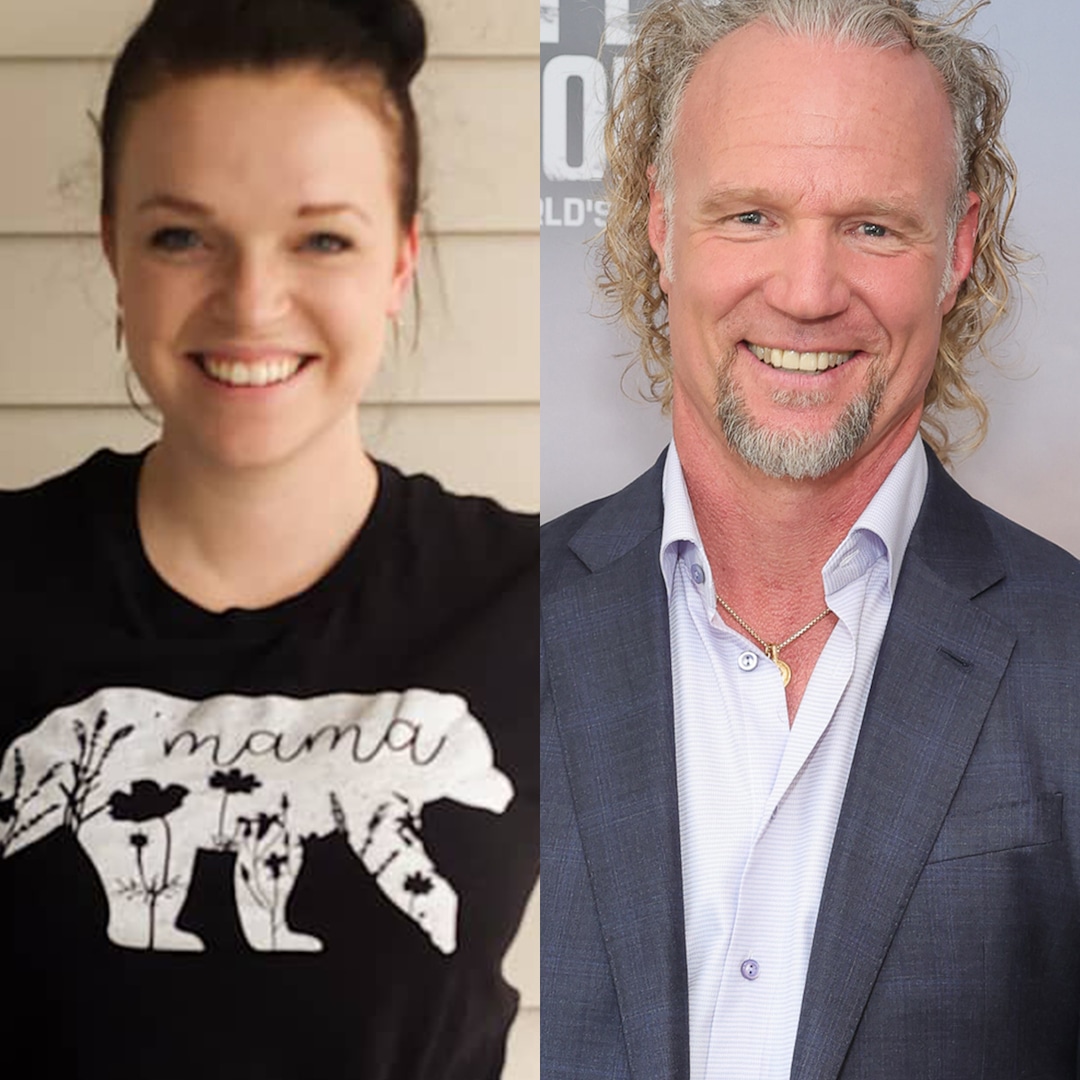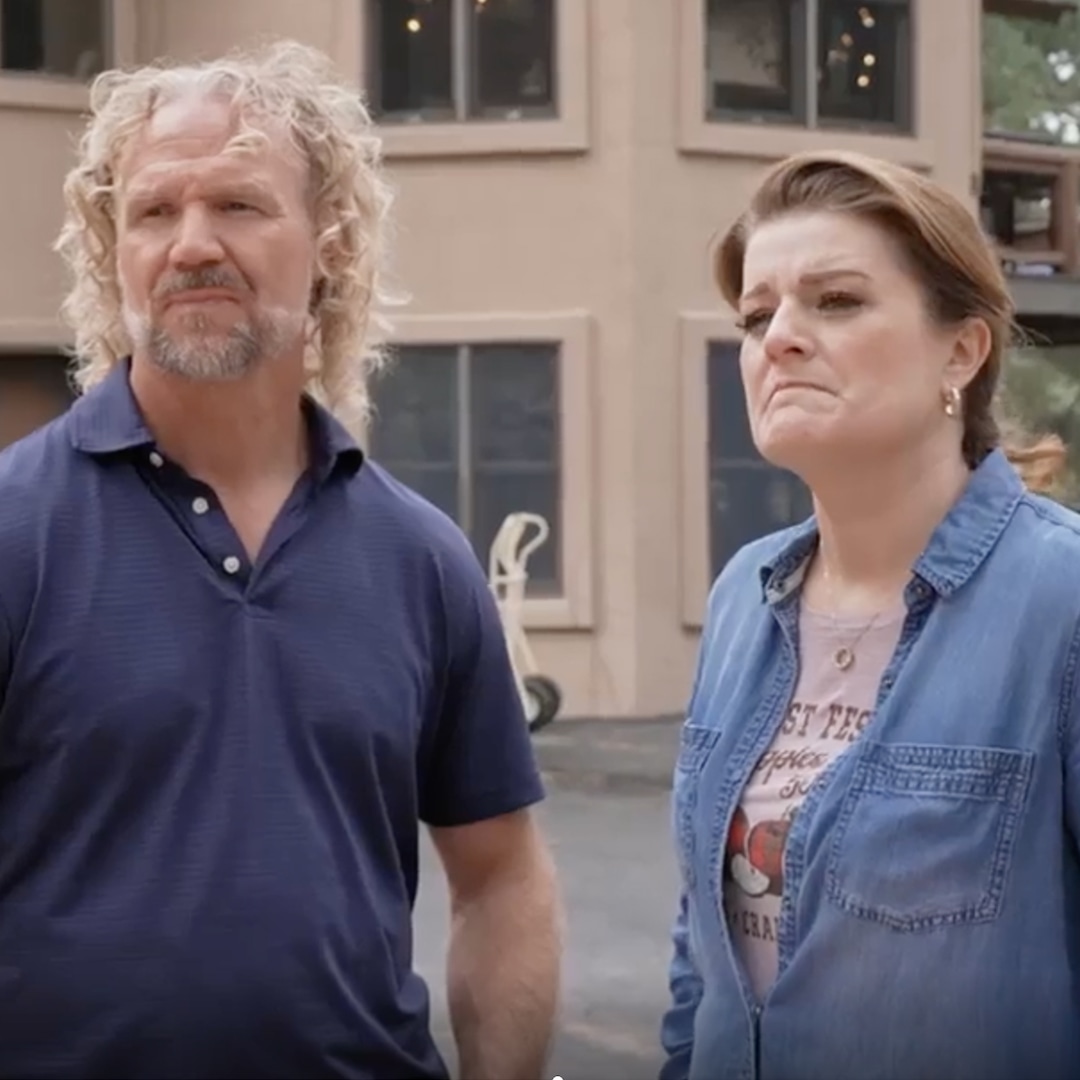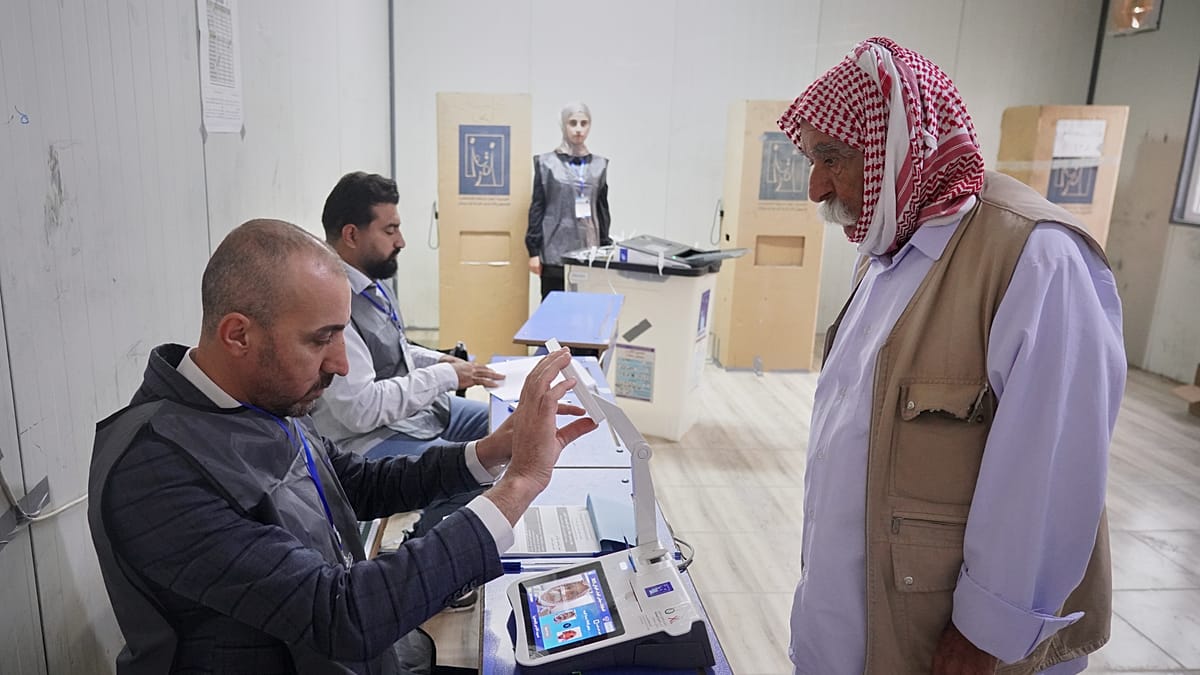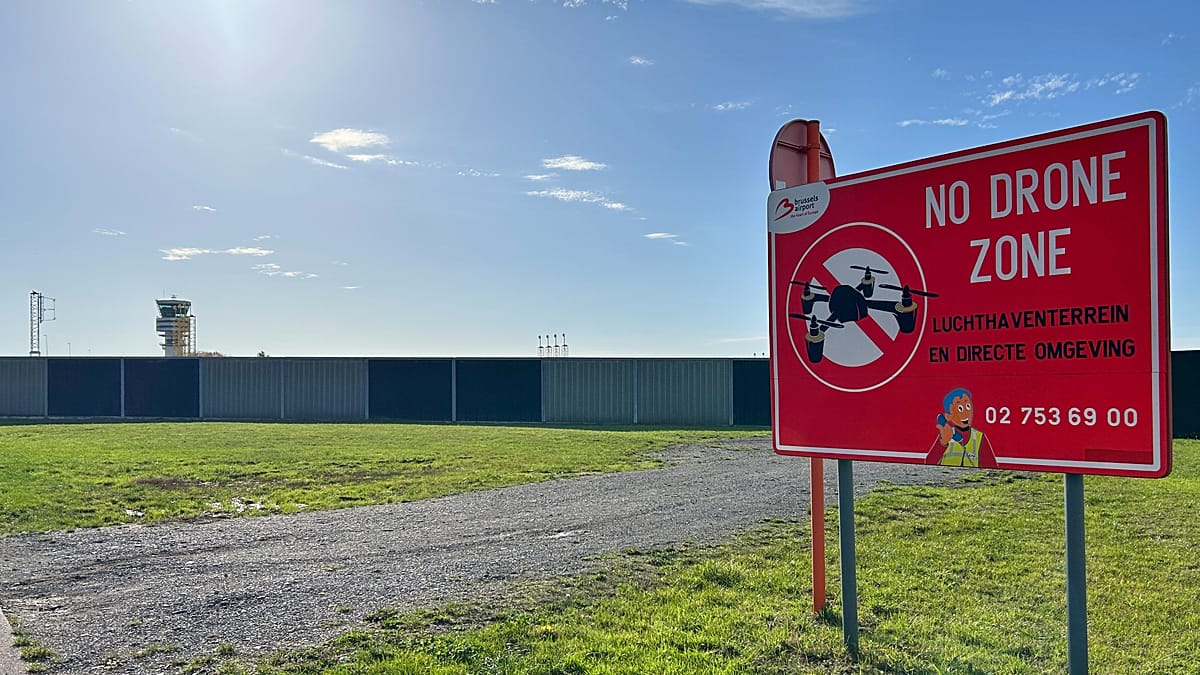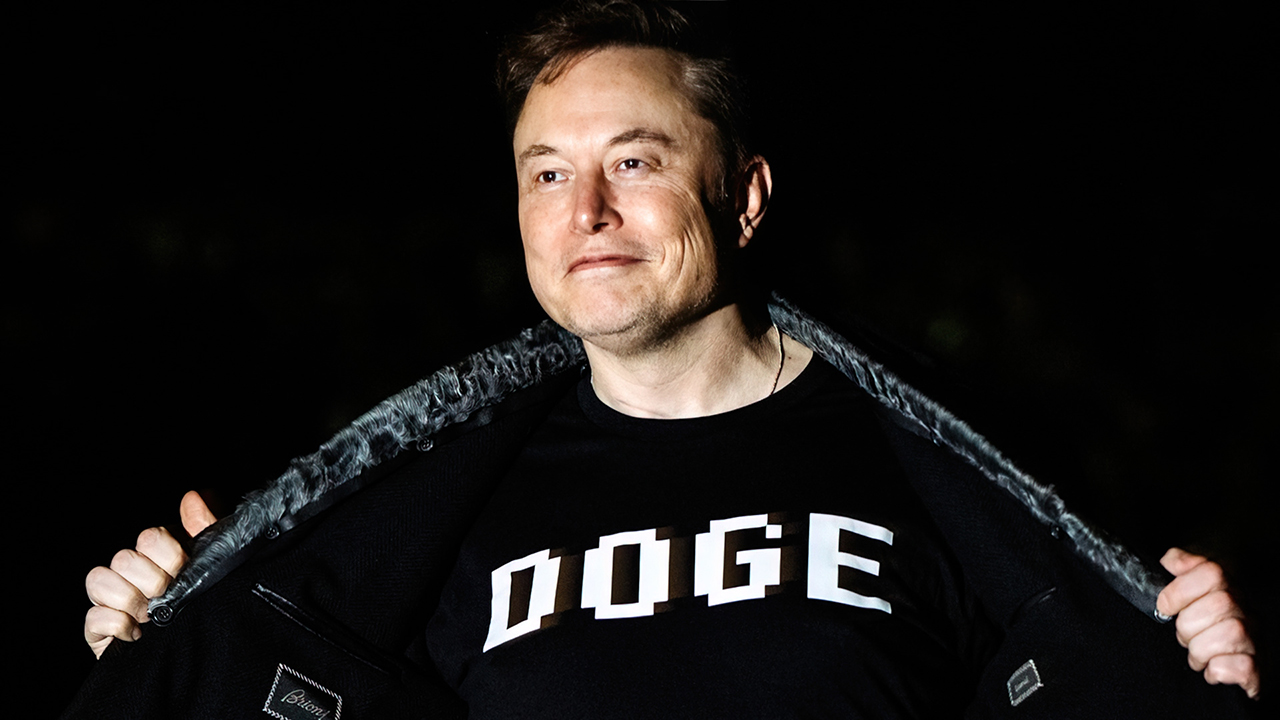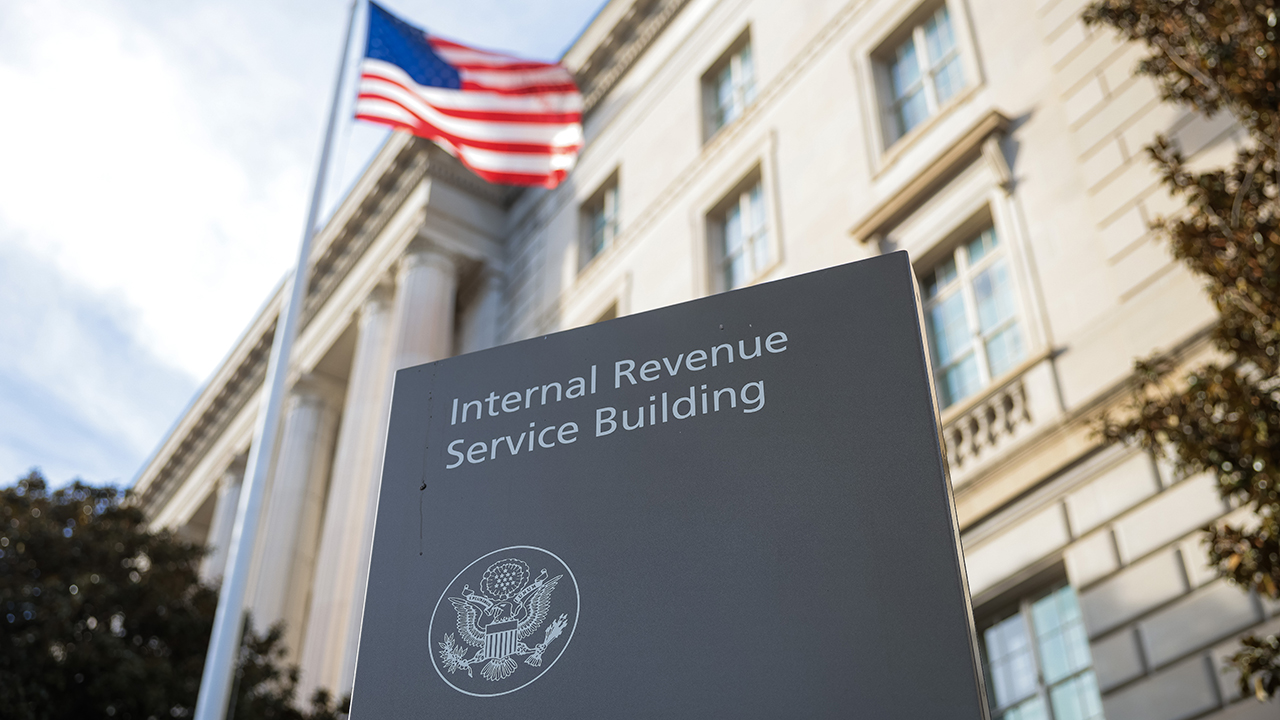The Future Isn’t Predictable – But You Can Be Ready: Roger Spitz Shares His Vision


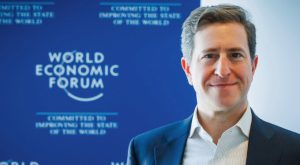 Roger Spitz is one of the world’s most influential Futurism & Trends Speakers, renowned for his expertise in strategic foresight, disruptive innovation, and complexity leadership.
Roger Spitz is one of the world’s most influential Futurism & Trends Speakers, renowned for his expertise in strategic foresight, disruptive innovation, and complexity leadership.
As the founder of Techistential and Chair of the Disruptive Futures Institute, he has advised the leadership teams of more than 100 global organisations, helping them navigate uncertainty and build future-ready strategies in an age of exponential change.
A four-time author and keynote speaker, Roger is celebrated for challenging conventional thinking and empowering decision-makers to embrace non-linear thinking and transformational storytelling.
In this exclusive interview with The Champions Speakers Agency, he unpacks the power of anticipation, the myth of predictability, and how businesses can turn disruption into opportunity.
Q: You’re known for your expertise in strategic foresight and disruption. How can business leaders develop an ‘anticipatory mindset’ to stay ahead?
Roger Spitz: “So, in a sense, you need a new operating system for today’s unpredictable world, and that really should trigger an anticip— For this, the first ‘I’ is intuition. You need to avoid preconceptions, you need to trust yourself, you need to trust your judgement.
“The second ‘I’ is inspiration. You need to explore, be curious, imaginative, which leads us to the third ‘I’ of imagination—ask broad questions, break from the present.
“And then, improvisation. Improvisation is to experiment with authenticity, to make mistakes, to be comfortable with ambiguity, to build on it. Invention builds on innovation—that’s our fifth ‘I’. And nothing is predetermined.
“We invent our futures, and we invent our futures with the confidence to fail and wonder and stumble upon the impossible, which is our sixth ‘I’. So, it’s really a combination of intuition, inspiration, imagination, improvisation, invention and the impossible.
“And the reason this is important is that you need to see the world differently in order to manage— To have anticipatory thinking, you need to see the world and the assumptions you make about the world, which will inform how you prepare and then how you respond to events.
“And so, that anticipatory mindset is really that transition from assuming a stable, predictable world to one whereby you see the world differently, and you’ve embraced change—and that informs how you prepare and respond to it.”
Q: Your keynote ‘Change is Slow Until it Isn’t’ challenges traditional thinking about trends. What’s the biggest misconception business leaders have about predicting the future?
Roger Spitz: “You know, that’s one of my favourite— I would wish it wasn’t the case, that it wasn’t as omnipresent, that it wasn’t as pervasive—the way the world thought about change and predictability.
“But I think, in a way, the biggest misconception we have about predicting the future is that the future is predictable. In other words, even if you tell yourself that it isn’t, and you’re expecting and kind of visualise exponential curves, somehow one operates on the assumption of the world and businesses and everything being predictable, linear, stable, and controllable.
“And once you make that assumption—basically, that’s the biggest mistake. And that is the biggest mistake that a lot of us, and most businesses, make.
“And the problem with that assumption is that the cost of assuming a stable, predictable, and linear world is increasing. And so, really, one has to challenge that and almost build an operating system, build a system whereby you’re cognisant and you accept that the world is nonlinear, non-predictable, complex, and not controllable.
“And then within that, you’re avoiding that biggest pitfall of assuming or misconceiving that the future is some kind of continuity with the past. And you won’t be surprised because you’ll see the world differently, you’ll prepare differently, and you’ll respond differently.”
Q: Many companies struggle with short-term pressures while trying to build long-term resilience. What steps can they take to create sustainable value in an era of uncertainty?
Roger Spitz: “So, this is literally the trillion-dollar question, right? Trillions of dollars will be created or destroyed by not being able to reconcile short-term, long-term changes, systemic change.
And it’s also the duality of disruption and change, right? It’s not just positive or negative—value is created, value is destroyed.
“And we devised at the Disruptive Futures Institute basically a framework which we call the AAA framework.
“The three elements to the AAA is antifragile—so based on Nicholas Nassim Taleb’s series. And antifragile kind of goes beyond resilient—it reinforces with shocks.
“So, in other words, if you take a rubber band, a rubber band is maybe strong. A rubber band will resist shocks and change, but it may not improve.
“With antifragility, we’re actually looking at improving systems, ecosystems, and value creation—and sustainable value creation despite, or thanks to, shock and uncertainty.
“So antifragility is the first A. The second A is anticipatory—so how do you anticipate to be future-prepared for different possible outcomes? How do you build resiliency for that, and how do you prepare for that?
“So you need futures intelligence. You need to scan the horizon, qualify weak signals, interpret next-order implications of change. You need to connect the shifting dots, which might seem unrelated.
“You have to challenge assumptions—and data. Assumptions and data can work very well in linear, predictable, stable, controllable environments, but less so in complex, nonlinear, unpredictable environments.
“You need to challenge those assumptions and data, which are not a proxy for the future in unpredictable environments. And you need to integrate exponentiality, nonlinearity. You need to appreciate that change is slow until it isn’t.
“So this gives you a certain degree of visioning and anticipatory futures intelligence, which is our second A. So we have antifragile, anticipatory, and the third one is agility. Now, we use agility in terms of the agility to reconcile longer-term thinking with the emergent present.
“In other words, we need to be anticipatory and think longer term, but we accept and acknowledge that only the present exists.
“So we need to emerge in the here and now through trial and error.
“And that is a cognitive, emergent, and strategic agility which we need to develop—so that as we emerge in the here and now, with the discovery process, because the world is unpredictable, we are not constantly firefighting emergencies.
“It’s emergence versus emergencies—where we are emerging, but not disconnected to our longer-term vision and aspirations.”
Thise exclusive interview with Roger Spitz was conducted by Mark Matthews of The Motivational Speakers Agency.
The post The Future Isn’t Predictable – But You Can Be Ready: Roger Spitz Shares His Vision appeared first on European Business & Finance Magazine.

